By Carlos Rayman
A brisk sunrise marked the start of a new day in Giova Gallagher’s midtown Burlington neighborhood. The spring air was especially enlightening. Bees buzzed around the tulips she and her church circle had planted on the lawn of St. Christopher’s Anglican Church in Burlington Ont. It was Sunday – The Lord’s Day.
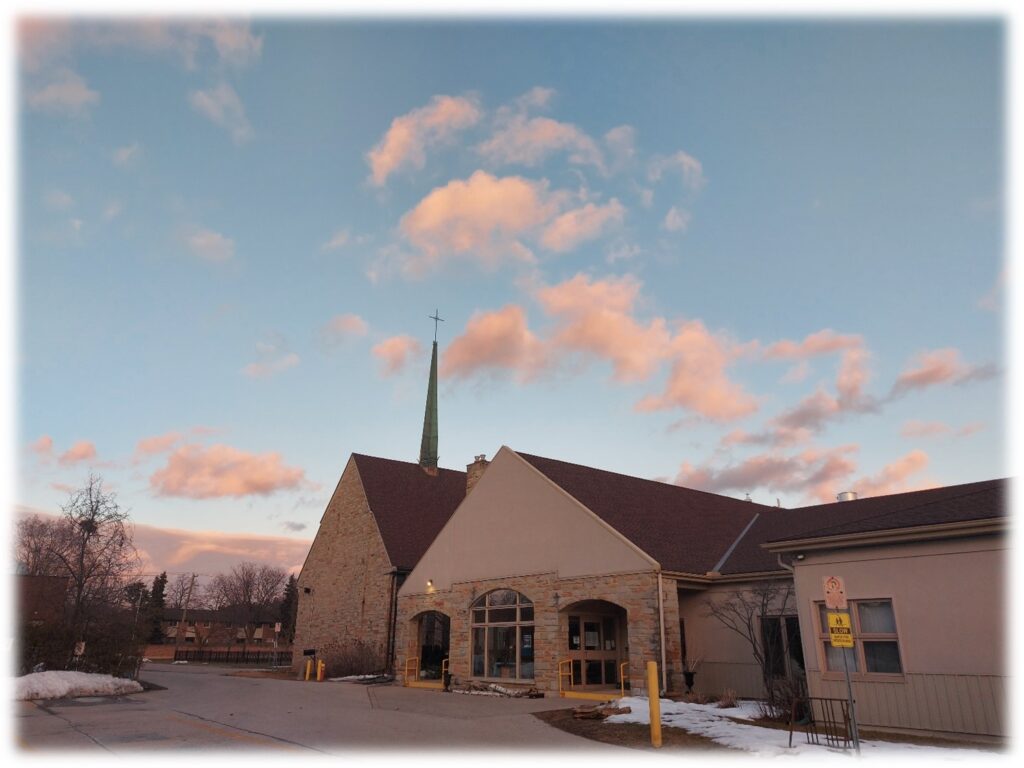
She recalled waking up a little groggy. After working her typical eight-to-10 hour shifts as a home care nurse in Hamilton, Sunday’s church circle was a “welcome break”. She recalled rushing her husband out the door that morning, rather “rudely” she admitted. Perhaps we all get a little snippy when we are saving lives six days a week.
Station wagons and vans streamed into the lot of St. Christopher’s – as they often did on a Sunday morning. Children with their hair brushed neatly held their parent’s hands and scurried towards the main doors. The scene pretty as a postcard.
But for Giova, St. Christopher’s was more than a suburban place of worship. “There was something rare about St. Chris’s,” The men, women, and even children she met became friends of hers, a “church family” she called it. “This routine of attending church circle gave me some sense of belonging, I guess.”
This came to a screeching halt March 2020 when the pandemic necessitated restrictions on faith-based services. She struggled to stay morally afloat. Every Sunday in lockdown, she recalled, was another day “[COVID] took my friends from my world.”
Terry Line, whose family once owned and operated the Canadian Tire Store across from St. Christopher’s said he too was concerned for the church and its survival “post lockdown.” “The church cannot really operate, there is no collection plate going around and just like for small businesses the pandemic has been brutal for the bottom line.”
The core of the religious community has been affected more than any small business, however. You simply can’t buy happiness, or in this case solace. The Jewish faith according to Rabbi Hillel Lavery-Yisraeli has a carefully sequenced process for mourning death, which involves other Jews in the community caring for the mourner.
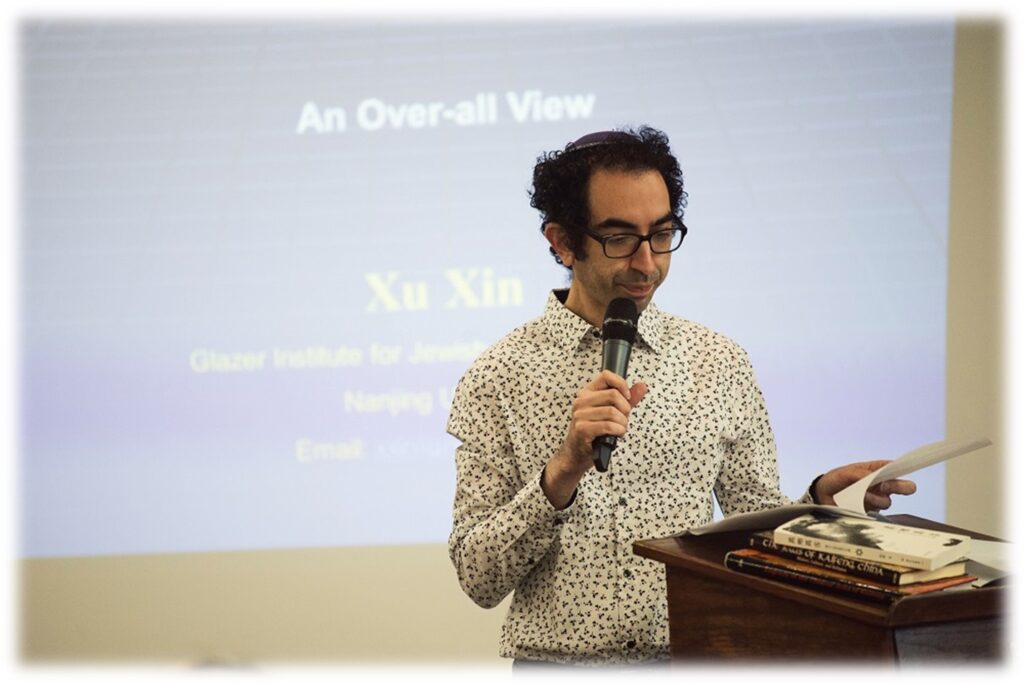
“Normally within the week you would have people come into the home and we would offer prayers,” he explained. Traditionally the first meal in the Jewish faith is prepared by someone in the community and served to the mourner.
Whether at the church or the Synagogue patrons all felt the moral pinch.
As Rabbi of Beth Jacobs Congregation in Hamilton he admitted Zoom is not a “simple alternative” for seniors.
Similarly, with St. Christopher’s where real-life community services were offered. A community garden, produce program, and charity dinner galas, all of which relied on corporate donations, were hallmark events.
While Giova’s flowers wilted in the church garden having gone untended, Giova sat at her breakfast table sipping cold coffee and gnawing at an apple slice. Talking through Zoom, a software unheard of prior to the lockdown.
The measures aimed at curbing the spread of COVID-19 caused businesses to temporarily shutter, cafés closed, and her humble church was decommissioned. A move, she was ironically sympathetic towards, “I’m a nurse, COVID-19 is no joke, it’s a serious illness and I’m not saying religion isn’t necessary, but I supported the lockdowns.”
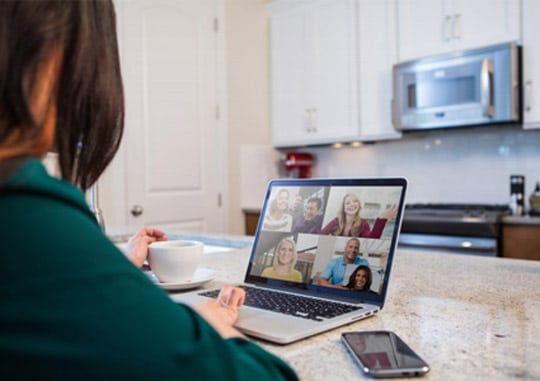
The lockdowns however, came at a tense time for her personally. The health of both her parents declined “around the same time.” She fought a silent battle, tending to the needs of her parents, banking, grocery shopping, driving to appointments, cleaning, and working full time. As a strong-willed Italian woman, Gallagher never gave up hope. Her mother’s dementia though, worsened and she broke her arm that April.
As months passed and seasons changed, Giova recalled summer as a sweltering blur. “Zoom Services” and “Online Church and Chat” were offered to the public, according to the church website. Better than nothing, but Giova soon stopped attending those too and a “void grew inside me”. “It was good they didn’t close down everything, and the Zooms helped me connect, but still. You just can’t give up.”
By autumn, the leaves covered the sidewalks outside her condominium. A tapestry of rouge and coffee shades could be seen from her 17th floor suite. Most of her free time she spent tending to her parent’s needs. After working a shift at the care home, she would start another shift at theirs. Cooking meals, shuttling them to appointments, tidying up. They relocated in the summer to a one-story bungalow on the mountain side of Hamilton. Helping them move their belongings and working full time “was a lot,” she recalled.
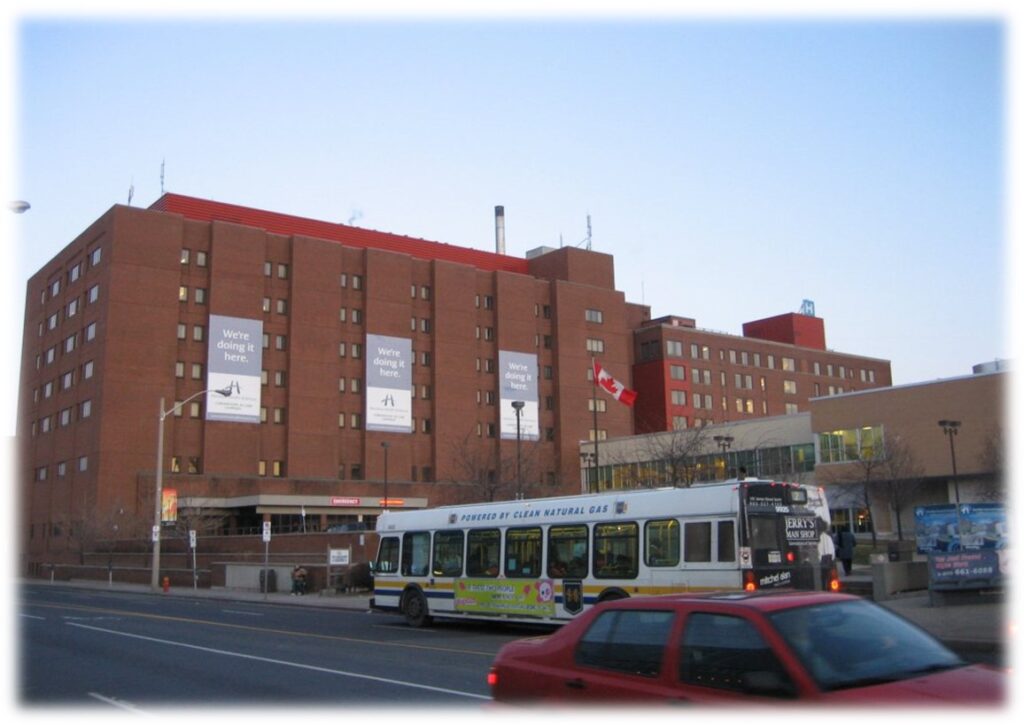
On September 22, 2020 one week after moving into the bungalow her mother’s dementia worsened and she was hospitalized at Hamilton General Hospital.
With a half smile Giova recalled a story about her mother while she stayed in hospital. “My mom used to crochet, a lot,” she recalled. Her voice grew distant. “Mom had to try and busy herself I guess at one time she was doing garden work, and then she tried painting, but she would quit after a month,” said Giova. A dementia diagnoses makes it difficult for patients to obtain emotional bonds with activities, according to The Mayo Clinic, affecting memory, thinking, and social abilities. “She was making blankets and slippers a few years ago, when she had Stage-One Breast Cancer.”
Her mother was not religious in her old age. “She would often not want to get out of bed, and put on her church dress,” said Giova.
“St. Christopher’s had given me this pink prayer shawl, to provide to her,” Her smile withered. “In the last few months, I would cover her legs with it, and one time she wouldn’t give it back!” She bubbled as she remembered her PSW’s reaction, “She believed she had made it herself, so the PSW and I agreed she made it and told her how nice it was!”
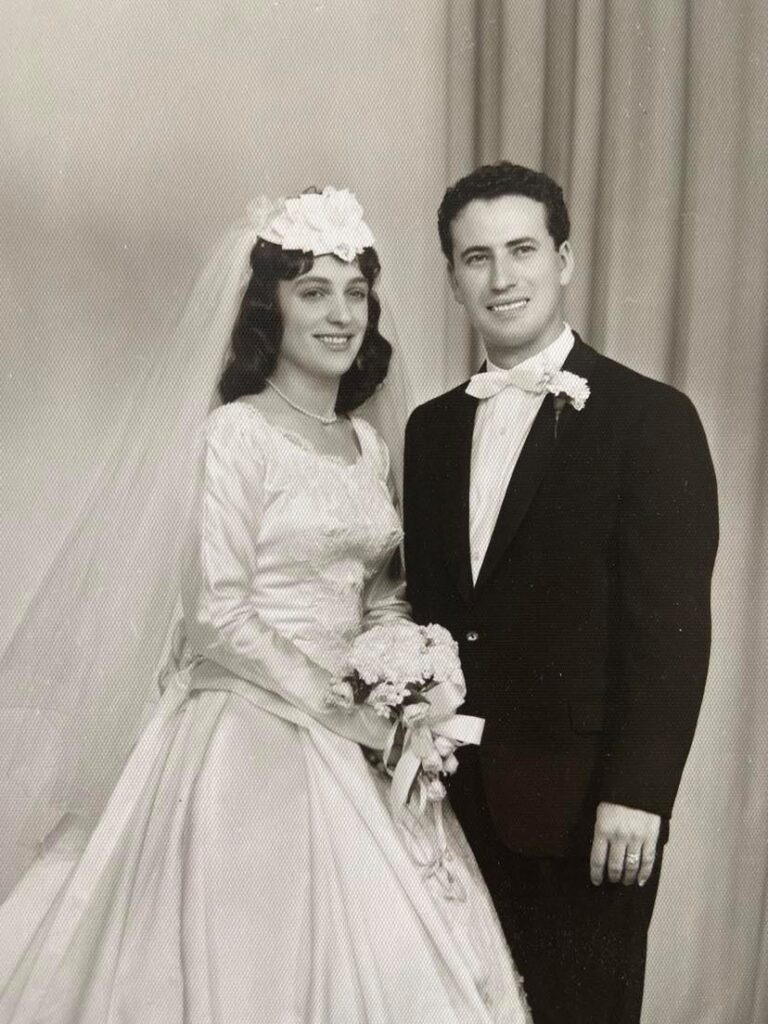
The “most wonderful time of the year” was anything but, for Giova. She found out she was positive for COVID-19 on Christmas Eve and her siblings were, too. During her quarantine, cough medicine, fatigue, and disorientation filled her body and days. December 28th was a day, however she recalled crystal clear. At 5 pm her telephone rang; it was Dr. Smithers at Hamilton General.
“Your mom is on 100 percent oxygen, her heart rate is going through the roof, her blood oxygen levels are dropping, say goodbye, we’re taking her off the respirator,” said Smithers.
On December 30th just two days later a second call – her father had perished, at the age of 85, also from complications related to COVID-19.
An emotional earthquake.
Giova admitted she had a “premonition” about her parents. Only an hour after her dad’s death, the phone, which became a wicked messenger, rang again. This time it was the lord, or the next closest thing – Pastor Michael Coren. “After each death, we would normally mourn at St. Christopher’s. Condemning their souls into god’s hands, grief is very personal for me. I wasn’t going to do a Zoom, I didn’t want to see anyone.”
Giova was left picking up the pieces of her shattered life. She admits “I made the best, but it wasn’t easy,” She was so close to her church, yet so far away.
Losing both her parents to COVID-19 had been the greatest challenge of her life yet she admits the churches are better off closed, “Imagine having a service and someone gets sick with COVID? How will the pastors feel then?”
The concern is undeniable yet stories like Giova’s beg a bigger question for our government – Is there a less restrictive way to limit church religious observance during the pandemic?
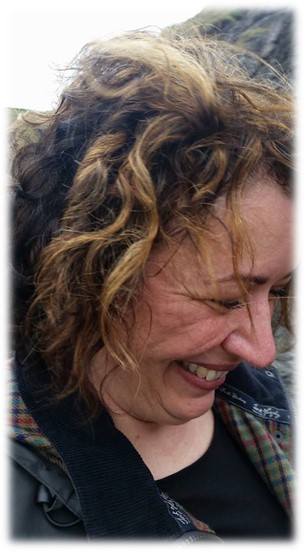
Heaven only knows.
